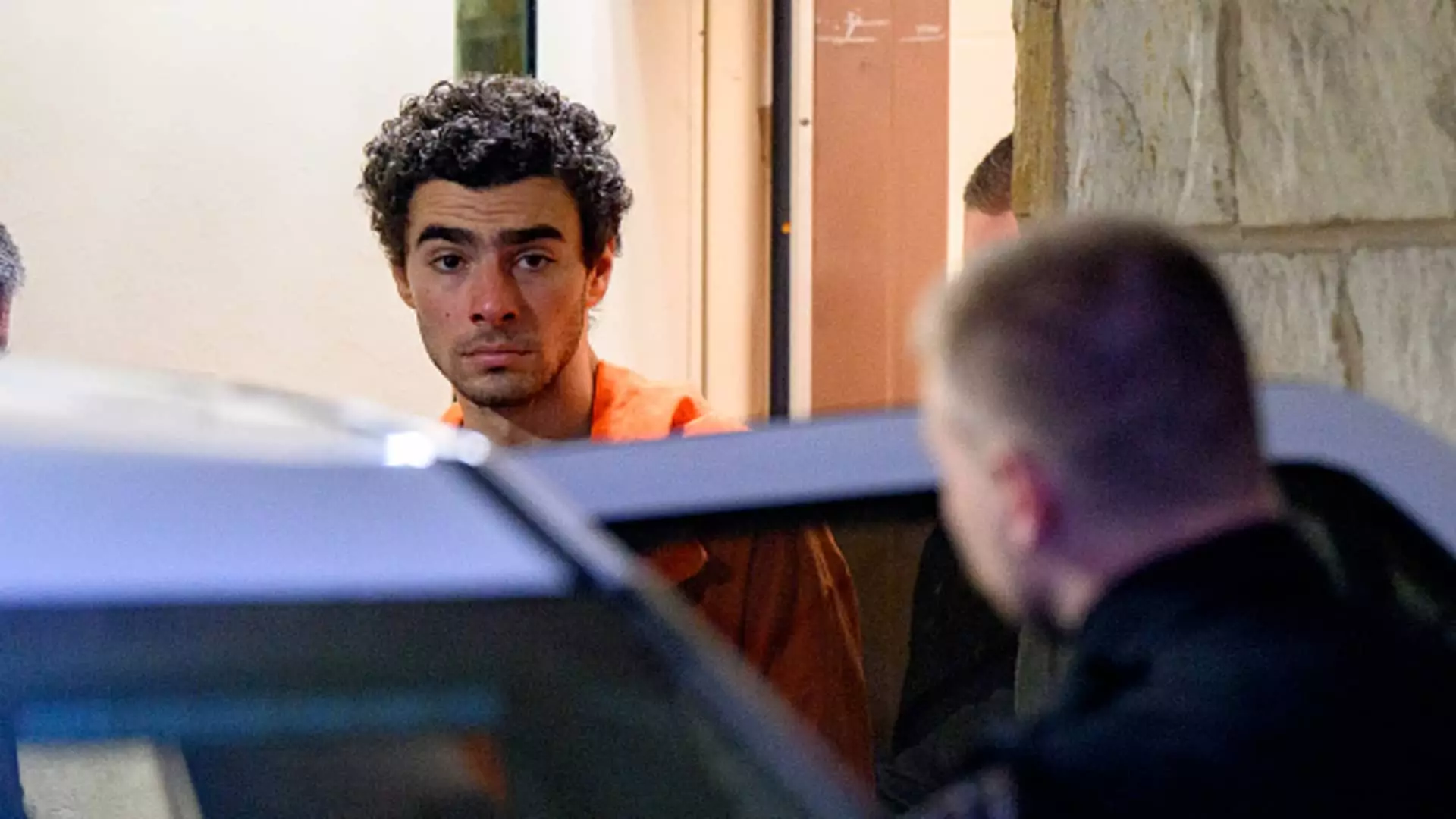The judicial landscape of high-profile murder cases often invites scrutiny, not only over the details of the crime but also over the legal ramifications that ensue. The case of Luigi Mangione, charged with the first-degree murder of Brian Thompson, CEO of United Healthcare, exemplifies these complexities. As authorities investigate potential federal charges against Mangione, the implications of such charges could affect not only the legal proceedings but also broader discussions on justice, public safety, and the ever-evolving nature of federal and state law interactions.
A Devastating Crime in the Heart of Manhattan
On December 4, Thompson was tragically shot from behind as he walked on a busy Manhattan sidewalk, marking a grim chapter in the narrative of corporate America. The murder took place in broad daylight, an incident that not only ended a life but also sent shockwaves through both the healthcare sector and the general public. The brutal nature of the crime has drawn attention to the motivations behind the attack, with prosecutors suggesting that Mangione may have deliberately targeted Thompson due to his position as the head of the largest private health insurance company in the United States. This raises essential questions surrounding the intersection of personal vendettas and professional rivalries.
Mangione, age 26, was swiftly indicted on charges of first-degree murder and related offenses, which include terrorism-related accusations. Such distinctions in charges are more than mere legal technicalities; they carry significant weight regarding potential sentencing and the societal views of the crime. The legal framework surrounding murder in New York necessitates compelling circumstances to elevate an act from manslaughter to murder, a point that various legal experts have noted adds layers of difficulty in the prosecution’s case.
Recent developments indicate that federal prosecutors are deliberating whether to levy additional charges onto Mangione. This heightened scrutiny emphasizes a critical aspect of the case: potential double jeopardy and the legal complexities that arise when both state and federal authorities pursue claims on the same criminal act. Karen Friedman Agnifilo, one of Mangione’s lawyers, has voiced concerns over the possibility of federal charges complicating an already challenging state case. Her statement brings to light constitutional protections designed to safeguard against the same individual being tried for the same crime in multiple jurisdictions—a key concern in this case.
Manhattan District Attorney Alvin Bragg characterized the murder as an act intended “to cause shock and attention and intimidation,” which aligns with broader concerns about violence aimed at public figures or corporate leaders. As the parameters of the case unfold, it becomes apparent that the implications stretch beyond just the courtroom; they encompass societal fears of targeted violence and the potential for copycat acts. The visibility of high-profile individuals often places them as targets, making the accountability of their safety a significant concern for law enforcement.
Looking ahead, if Mangione is found guilty, he faces severe penalties, including the possibility of life imprisonment without the possibility of parole for charges relating to terrorism. The potential repercussions of this case resonate deeply with public sentiment, tapping into collective anxieties about crime, safety, and the effectiveness of the legal system in addressing violent acts perpetrated against prominent figures.
As courtroom drama often attracts public interest, the proceedings leading up to a conclusion in this case may become a microcosm of the larger dialogue about corporate responsibility, personal accountability, and the responsibilities of law enforcement in safeguarding the lives of high-profile individuals. In a world where corporate dissent can unfortunately lead to extreme outcomes, the Mangione case serves as a reminder of the fragility of human life and the complex interplay of motives in acts of violence.
The unfolding narrative surrounding Luigi Mangione and the murder of Brian Thompson is more than just a legal matter; it is a reflection of societal values, fears, and evolving legal principles. As the case progresses, scrutiny will intensify, revealing how the judicial system navigates the intersection of federal and state laws while addressing the public’s demand for justice. As the critical court dates approach, one can only hope for a resolution that reflects both justice for the victim and an understanding of the intricate dynamics at play in such a harrowing case.


Leave a Reply